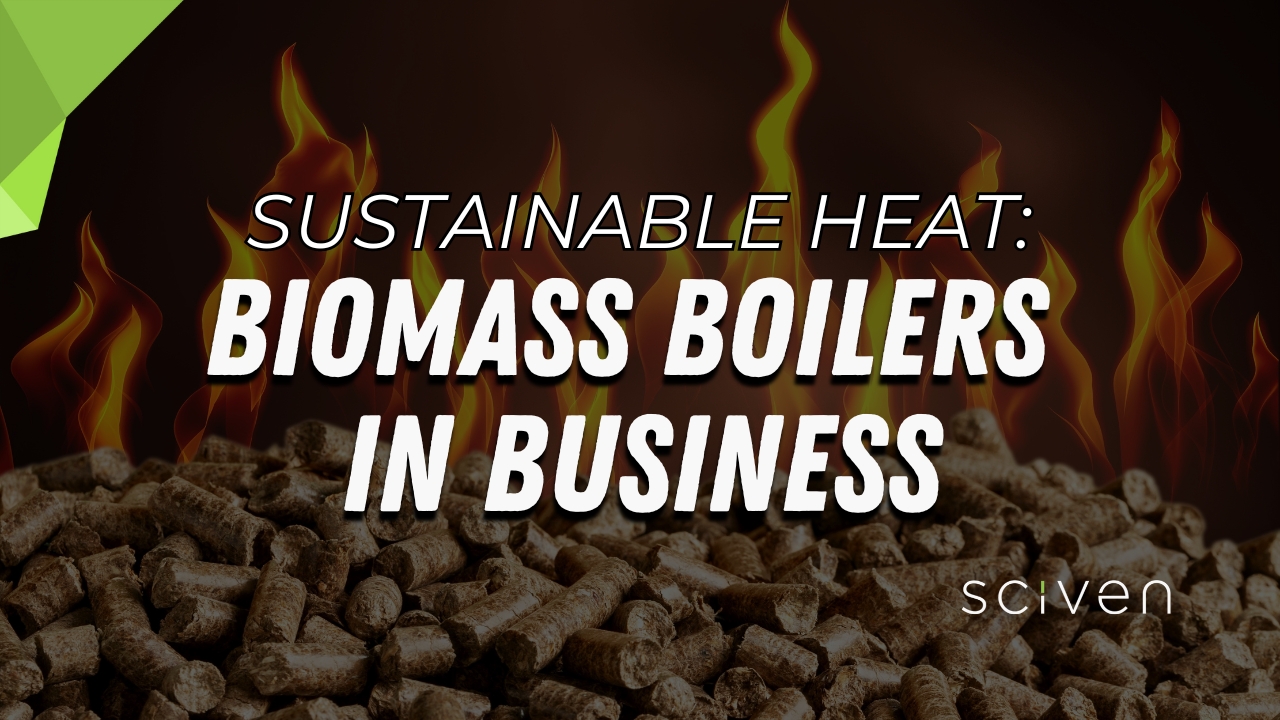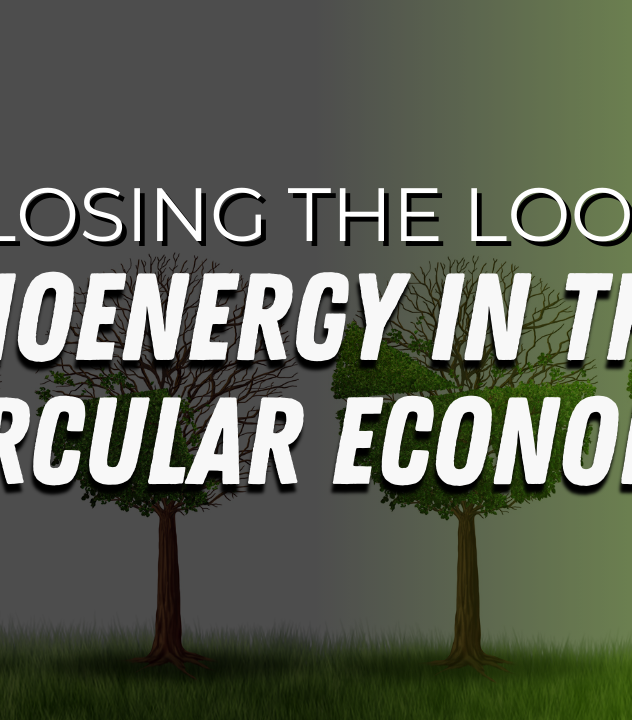
Sustainable heat: biomass boilers in business
In the era where businesses are increasingly aware of their environmental impact, the shift from traditional fossil fuels to greener energy sources is not just a trend but a necessity. While fossil fuels have long been the backbone of industrial energy, their environmental and economic costs are becoming increasingly apparent. As a result, businesses are exploring alternatives, with biomass boilers emerging as a frontrunner. But the question remains: Can biomass boilers effectively replace gas boilers without hampering business operations?
Biomass Boilers: Efficiency Meets Sustainability
A critical aspect of biomass boilers is their remarkable energy efficiency, often exceeding 90%. This efficiency isn’t just about fuel consumption; it translates into tangible cost savings and reduced energy waste. The use of local organic materials as fuel and government incentives like the UK’s Boiler Upgrade Scheme and France’s MaPrimeRénov’ are making biomass boilers a financially attractive option.
Biomass Boilers in Portugal
In Portugal, a country recognized for its commitment to renewable energy, the integration of biomass boilers is gaining momentum. Reflecting the nation’s dedication to sustainability, businesses across Portugal are increasingly adopting these eco-friendly alternatives, with the support of government initiatives and policies. Programs like ‘Fundo Ambiental’ offer financial support for businesses transitioning to more sustainable energy solutions.
One of the prominent initiatives under the Fundo Ambiental is the ‘Programa de Apoio aos Edifícios + Sustentáveis’. This program has made significant strides in energy savings and carbon emission reduction. For instance, it executed 122.6 million euros, achieving a 47.4% reduction in primary energy usage, surpassing the target of 30%.
Additionally, the program added 152 MW of renewable energy capacity, exceeding the 35 MW target. This success has led to an annual saving of 38 million euros and a reduction of over 38,000 tons of carbon dioxide emissions annually.
The SCIVEN Advantage
At SCIVEN, we understand the hesitation some business owners might have in making the switch. That’s why we offer turn-key solutions for automatic biomass boilers, ranging from 150 to 500kWh, ensuring a seamless transition from gas to biomass. Our services extend beyond installation; we provide comprehensive maintenance, ensuring the same, if not better, flexibility and hassle-free experience as gas boilers.
The Financial and Environmental Impact
Switching to a biomass boiler can reduce your carbon dioxide output by up to 9.5 tons annually. With traditional fuel prices constantly on the rise, biomass presents a more stable and economical alternative. Not to mention, our biomass boilers qualify for the Renewable Heat Incentive scheme, aiding in a quicker return on investment.
Overcoming Challenges
While biomass boilers require more space and an initial higher investment compared to traditional boilers, the long-term benefits significantly outweigh these drawbacks. Modern technology has streamlined regular cleaning and maintenance, with many models automating these processes.
Closing Thoughts
The journey towards a more sustainable future in energy consumption is paved with innovations like biomass boilers. SCIVEN is committed to guiding businesses through this transition, ensuring that environmental responsibility doesn’t come at the expense of operational efficiency.
Answer to #EngineeringTriviaThursday
The most influential factor in Biomass CHP system’s electrical efficiency is…
c) Heat recovery technology
This technology is crucial in converting thermal energy into electrical energy efficiently. While the type of biomass, combustion temperature, and system scale all impact efficiency, the conversion efficiency of the heat produced during biomass combustion into electricity primarily depends on the effectiveness of the heat recovery technology, including the design of the steam turbine, heat exchanger, and other components that influence heat capture and conversion.






Leave a Reply